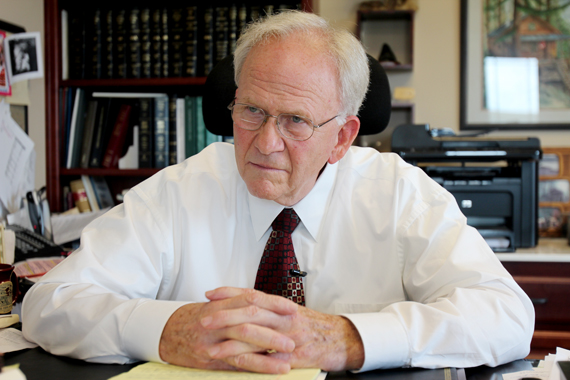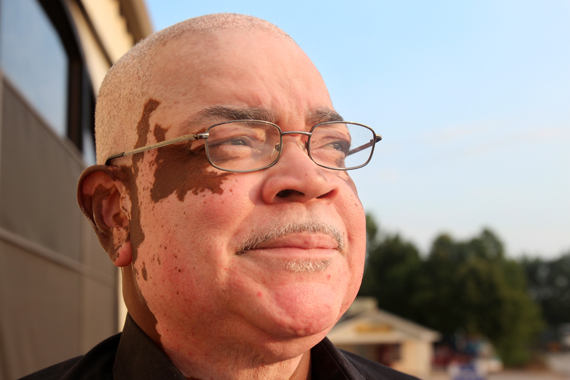Gov. Scott Walker won by a comfortable margin Tuesday in Wisconsin’s recall election. The closely watched contest drew national attention, forecasts of a narrow race and predictions of a recount in balloting that highlighted the role of election observers.
Sometimes called poll watchers, election observers are associated with a candidate or a cause and are allowed to monitor polling activity. Observers Tuesday came from groups that included the League of Women Voters, the Democratic Party of Wisconsin, We are Wisconsin, Wisconsin Jobs Now and True the Vote.
Jean McCoy-Garner, the top official at the Engleburg Elementary School polling location in north Milwaukee, said observers didn’t cause her many problems Tuesday.
“Sometimes I have to remind them of what they can and can’t do,” she said. “Ultimately they need to let people have the freedom to vote, and they can’t do certain things.”
Jamila Gatlin took exception with the official’s analysis, saying that she was offended by the three observers at the school.
“That’s pretty harassing if you ask me,” Gatlin said after she voted and left the school. “Why do we have to be watched while we vote? Do they go watch people vote in their areas?”
Gatlin was bothered by the fact that all the observers were white, she said, and they were dispatched to a predominantly African-American polling place. It didn’t matter, she said, that two of them were from organizations described as conservative and one was from a liberal group.
By AJ Vicens, News21


